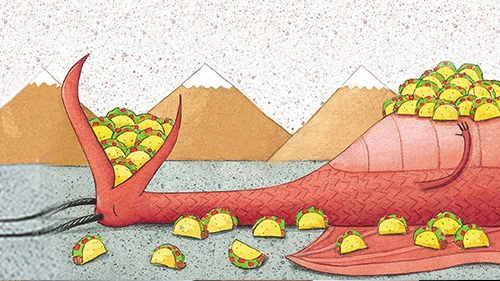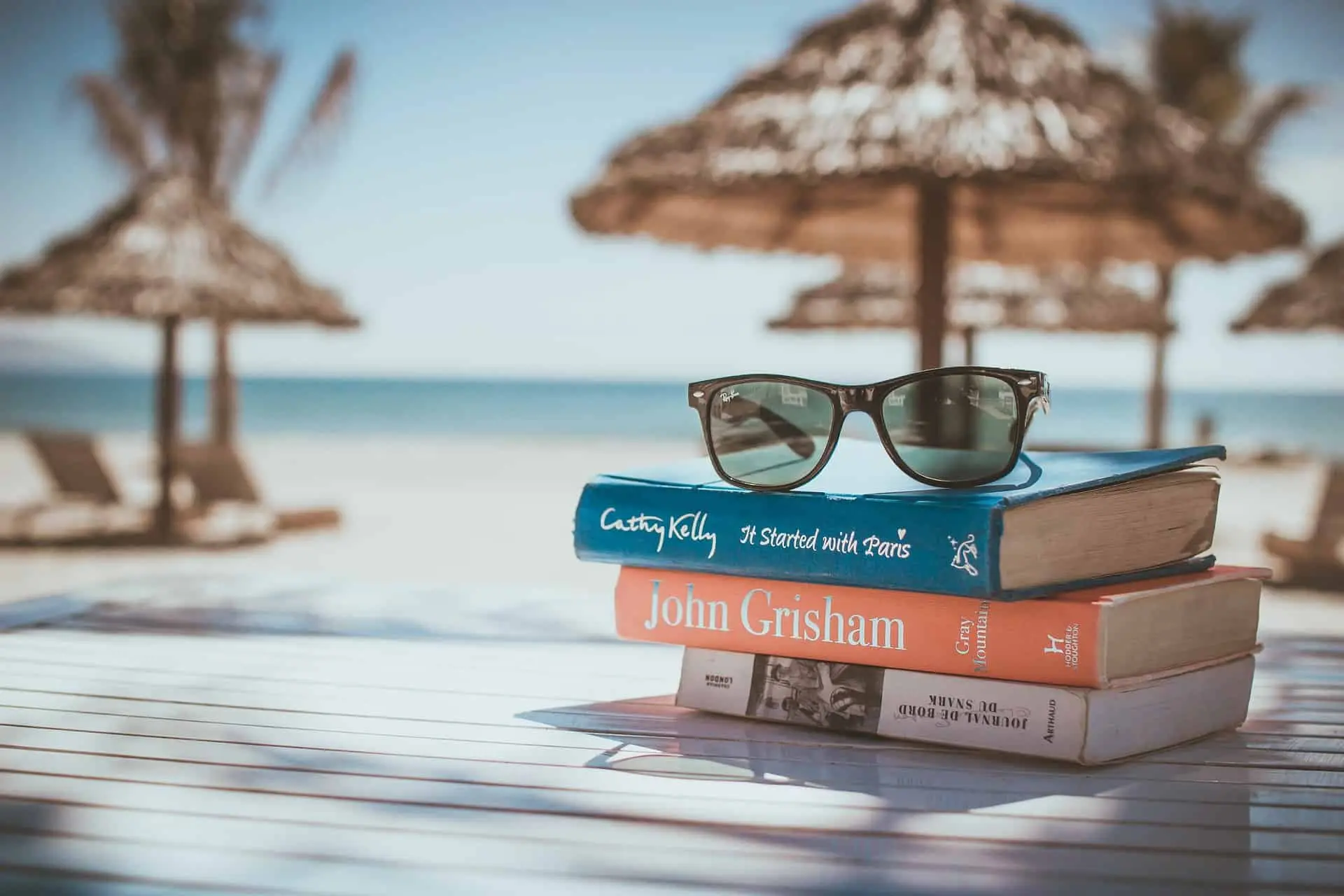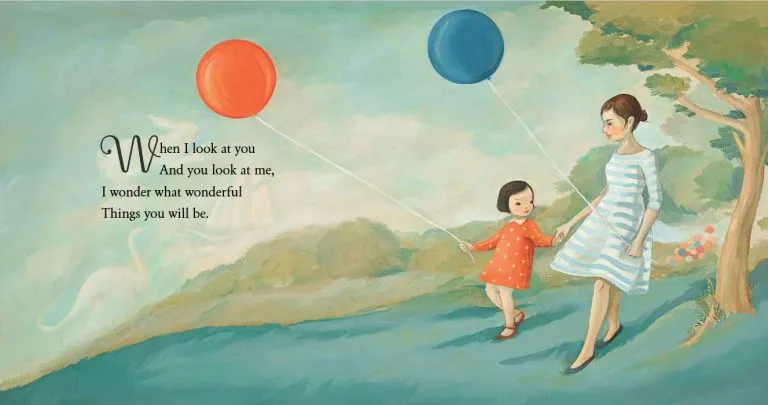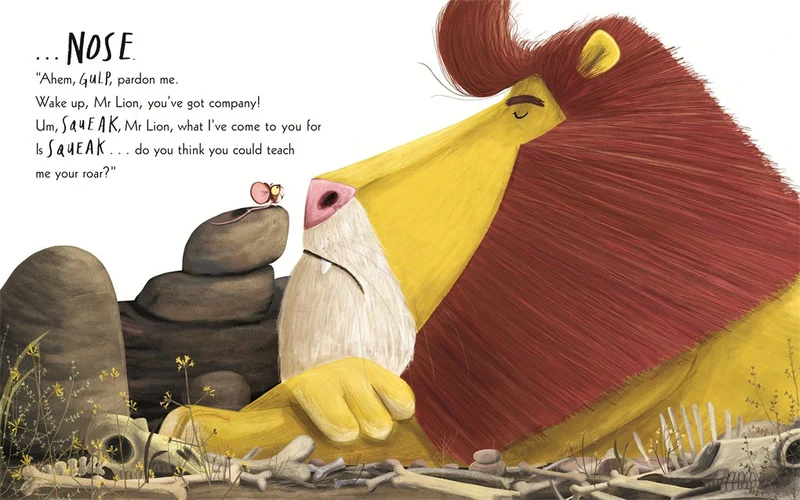Laurie Anderson Needs Your Help Finding an Image From Balzac

The musician and multimedia artist, whose new show will open at the Hirshhorn Museum this spring, has long been haunted by a particular image: “As the wind passes through windows and slips under doors we meet the characters in the book. If any Times readers know which Balzac book this wind is in — please let me know.”
What books are on your nightstand?
I read as a survival strategy. I wake up every morning full of dread and disbelief. Then I start reading. Sometimes poems, sometimes history or books about dreams or consciousness. Once in a while I look at a few pages of “Sapiens,” by Yuval Noah Harari, or review “The Uninhabitable Earth,” by David Wallace-Wells. I read until I feel better. I’m an optimistic person from then on.
What’s the last great book you read?
“Rebel in the Soul: An Ancient Egyptian Dialogue Between a Man and His Destiny,” translated by Bika Reed from fragments of hieroglyphics between Old and Middle Kingdom Egypt (2500-1991 B.C.). And “Album for Kamila Stosslova,” by the composer Leos Janacek, which includes transcriptions of conversations overheard in trams and on the street with pitch and rhythm notations that Janacek used to compose music.
Are there any classic novels that you only recently read for the first time?
I read “A Woman of Thirty” while looking for a Balzac book that begins with an image that has haunted me for a long time. It’s a book that begins with a wind that blows through town. As the wind passes through windows and slips under doors we meet the characters in the book. If any Times readers know which Balzac book this wind is in — please let me know.
Describe your ideal reading experience.
There’s a hotel in Groningen with a huge fireplace and the best cheese and coffee in Holland. For years I’ve been planning a reading vacation there — ship a few cartons of books over and sit by the fire reading for a couple of weeks, breaking the days up with walks in the countryside with my dog Little Will.
I love to read on trains and planes or anywhere with a smooth ride. Craig Nelson’s books are especially good for this — books jammed with characters and facts like “Pearl Harbor.” When I’m on tour I carry a box with at least 10 books.
I like to read on the beach. Once I took a “Neuromancer” paperback to Bora Bora and it was so humid there that every time I turned a page it came unglued and fell away from the book. I was slowly leafleting the island with William Gibson, although I like to think you could read single pages and still get the gist. As the last page fell away from the spine I was holding what looked like a gluey fish skeleton.
What’s your favorite book no one else has heard of?
“My Dinner Clone,” a sci-fi comedy about the awkwardness of living with your own clone, soon to be published by Lafcadio Cass. And “Great Demon Kings: A Memoir of Poetry, Sex, Art, Death, and Enlightenment,” by my friend the poet John Giorno, which contains the sexiest and most graphic history of a love life I’ve ever read. That one will be published in June.
What book should nobody read until the age of 40?
Any or all of Hunter Thompson. “Faster, faster, faster, until the thrill of speed overcomes the fear of death.” “When the going gets weird, the weird turn pro.”
Which writers — novelists, playwrights, critics, journalists, poets — working today do you admire most?
Ben Lerner, Anne Carson, A. M. Homes, Hilton Als, Sharon Olds, Jonathan Cott.
What book, if any, most contributed to your artistic development?
All of John Berger and all of Natalia Ginzburg. I read Ginzburg in Beginning Italian in college. We read her because the vocabulary was small and the language and grammar were plain. The concepts, emotions and characters in her books are complex and unforgettable.
What’s the most interesting thing you learned from a book recently?
Regarding choice and freedom, “Heaven My Blanket, Earth My Pillow: Poems From Sung Dynasty China,” by Yang Wan-Li. My favorite poem begins with the lines “Don’t read books! Don’t chant poems! When you read books your eyeballs wither away…” and concludes with the lines “It’s beautiful to listen to the wind, listen to the rain, take a walk when you feel energetic, and when you’re tired go to sleep.”
Which subjects do you wish more authors would write about?
How to develop the mental, spiritual, physical and emotional abilities to thrive in the midst of chaos and collapse.
What moves you most in a work of literature?
Being able to hear the voice of the author. For example, I can’t read a book by William Burroughs without hearing his laconic nasal twang in every sentence. Recently we (the Lou Reed archive) assembled “I’ll Be Your Mirror: The Collected Lyrics of Lou Reed.” This writing began as songs — grooves, melodies, shouts and moans. For a long time the words were inseparable from the sound of his unmistakable voice. Now that the collection is complete, the words have a new life on the page. Silent. Words without sound. Now you can read these words at your own rate. They resonate in new ways, they belong to you, tell your story. They have all become mirrors.
Do you prefer books that reach you emotionally, or intellectually?
This is that irritating question again: if you could have no eyes or no ears which would you chose to lose?
Which genres do you especially enjoy reading? And which do you avoid?
I sometimes read as research. Recently I’m reading books and articles about Russian names for formations on the dark side of the moon. Currently I’m researching collapse.
How do you organize your books?
Initially in large stacks on the stairs as they come in. Then they’re routed to various chairs, suitcases and desks.
What book might people be surprised to find on your shelves?
James Lee Burke. All of them.
What’s the best book you’ve ever received as a gift?
A Bible bound in white leather from my missionary grandmother with my name embossed on the cover. It impressed me that all the direct quotes were in red ink. We read all the stories in Bible school — my first book club — where we avidly discussed hell, angels, eternity, and wondered if there really were talking snakes.
What kind of reader were you as a child? Which childhood books and authors stick with you most?
I first became hypnotized by reading the backs of cereal boxes. I still like to read and eat at the same time, especially alone in restaurants when I’m on tour.
I loved “The Wind in the Willows.” It’s amazing that little children are still drawn to stories about small bachelor animals in bathrobes and slippers.
How have your reading tastes changed over time?
I’m happy to read electronically now and I no longer compare the differences between screen and paper. I’ll read anything anywhere.
You’re organizing a literary dinner party. Which three writers, dead or alive, do you invite?
Books are the way the dead talk to the living, so I would invite dead people. I would invite my dead husband the writer Lou Reed (but he is usually here already anyway) and I’d invite his dead teacher Delmore Schwartz and, to mix things up a bit, the deceased William Shakespeare. I would begin the dinner with cocktails and a dish of salted nuts and assorted unidentified past due pills. I would also invite a few live friends. I’m not sure how conversation would work. Would words be spoken, written or telepathic? I know that although we the living would acknowledge the thin line dividing us, we would also avoid asking things like, “How have you been lately?”
Whom would you want to write your life story?
I’m not sure my life is a story. But I’d be up for a podcast. If it has to be a book I’d choose Wang Wei (circa 700-761) as a biographer. Wang Wei was a painter, poet and politician of the Tang dynasty. In “Nineteen Ways of Looking at Wang Wei,” several poets and other writers from all kinds of places take cracks at translating one of Wang Wei’s most famous poems. The translations are subtly but utterly different. All of them describe a person who may or may not be there.
Here’s one, “Deer Enclosure”: “On the empty mountain, seeing no one, / Only hearing the echoes of someone’s voice / Returning light enters the deep forest, / Again shining upon the green moss.”
Note the absence of a person in this scene. Only traces are left. As for the truth, it depends on who’s translating.




